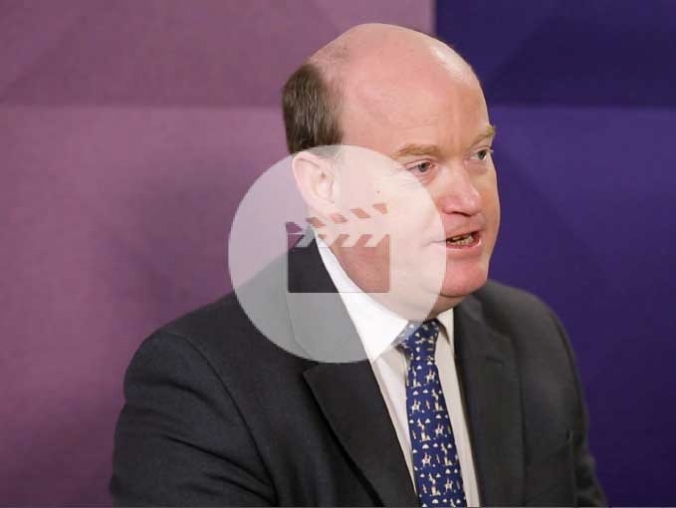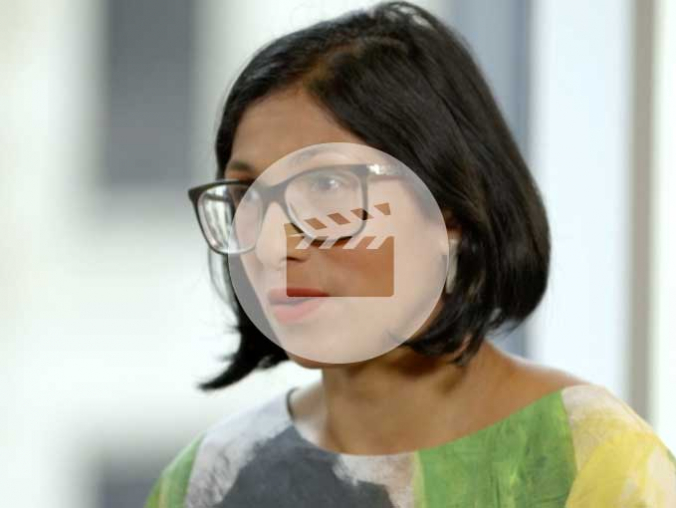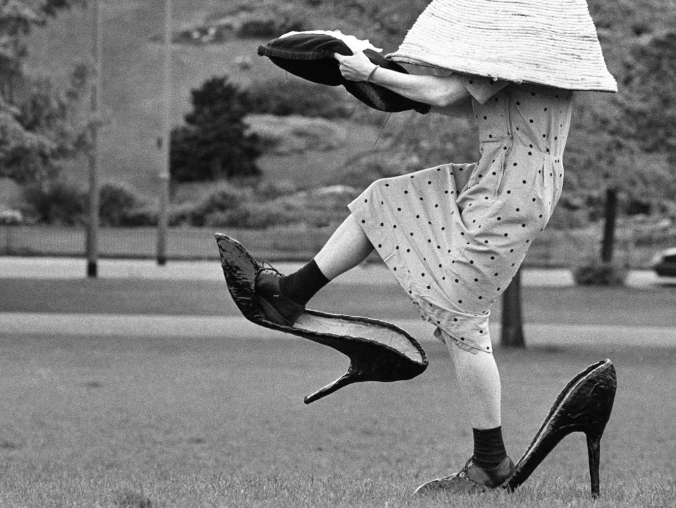

How do your investments affect tax?
Most of us know about the tax we pay on our wages, but did you know that your investments can also impact how much tax you pay?
Depending on how much money you make from your investments, there are three different types of tax you could have to pay: income tax, capital gains tax and dividend tax. These can put a serious dent in how much money you make overall. They can also affect how other incomes are taxed, or change your overall tax bracket. The good news is there are ways to reduce the likelihood of you having to pay these taxes.
Income tax
Any interest you make from your investments is subject to income tax. This includes interest from savings accounts and interest earned from peer-to-peer investments.
If you’re a basic-rate taxpayer, you’ll pay 20% income tax on any interest you make. Higher-rate taxpayers will pay 40% and additional rate taxpayers will pay 45%.
Any income from your investments will be included when calculating how much you earn, so this will determine which income tax bracket you fall into. For example, if you earn £44,000 a year from your job and another £5,000 a year from investment interest, this would push you into the higher-rate tax bracket, and the amount you earn above £45,000 would be taxed at 40%.
This also means you could have to pay income tax, even if your employment earnings are below the Personal Allowance (how much you can earn before income tax is due).
If you save your cash and investments in ISAs, you won’t pay any income tax. Your money can grow tax-free and it won’t affect your income tax bracket.
It’s also worth noting that the Government’s Personal Savings Allowance means, if you’re a basic-rate taxpayer, you can earn up to £1,000 in savings income without paying tax. Higher-rate taxpayers can earn up to £500.
Dividend tax
The most common form of income from investments is dividends. These aren’t subject to income tax – instead you pay dividend tax on them. This is charged at 7.5% for basic-rate taxpayers, 32.5% for higher-rate taxpayers and 38.1% for additional rate taxpayers.
At the moment, we all get a £5,000 tax-free dividend allowance. But, this will be cut to £2,000 from April 2018. You won’t pay dividend tax by saving your investments in an ISA.
Capital gains tax
Any money you make from selling shares and investments could be liable for capital gains tax (CGT). Everyone gets an £11,300 capital gains allowance, meaning you can make that much from the sale of assets each year before CGT is due.
But, if you make more than that – including from selling art or property (not including your main residence) – you’ll have to pay CGT on the profit. CGT is charged at 10% if you’re a basic-rate taxpayer and 20% if you’re a higher-rate taxpayer. Furthermore, if you’re a higher or additional-rate taxpayer, you’ll pay 28% on any gains from the sale of a residential property.
Again, you won’t pay this if you save your investments in an ISA, as CGT doesn’t apply.
Keep your taxable income low
If you become a higher-rate taxpayer, you’ll pay a higher rate on all three taxes. That’s why it can really pay to keep your investments in a tax-efficient wrapper, such as an ISA.
Anything you earn within an ISA doesn’t count when calculating your income tax bracket. So, by keeping investments in an ISA, you can reduce the likelihood of your investment earnings pushing you into a higher tax bracket.
More for you

What happens when you invest with us?
Piers Hillier, Chief Investment Officer at Royal London, explains how we invest With Profits members' money to get you the best possible returns
MORE
Our People Promise
Some of our colleagues explain how the ‘People Promise’ helps them to deliver the best experiences and outcomes for customers and members
MORE
Giving something back to you
As a mutual, we think our members should share in our success. That’s why, when we do well, we’ll aim to boost your retirement savings. We call this ProfitShare
MORE


